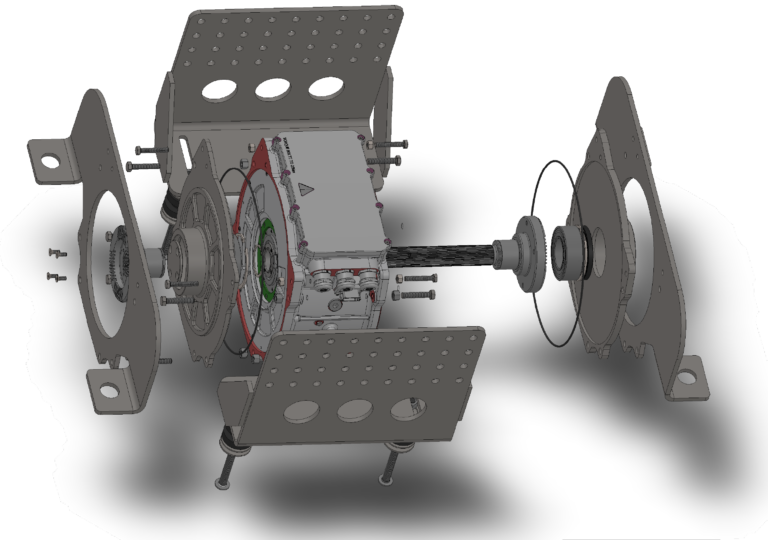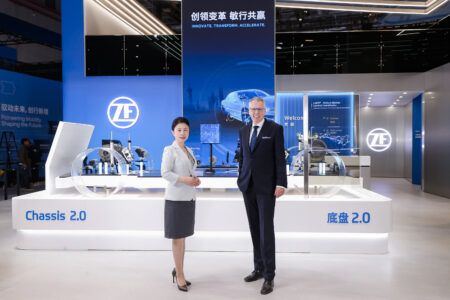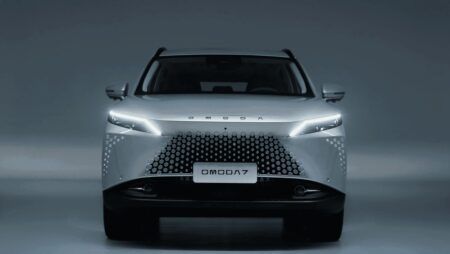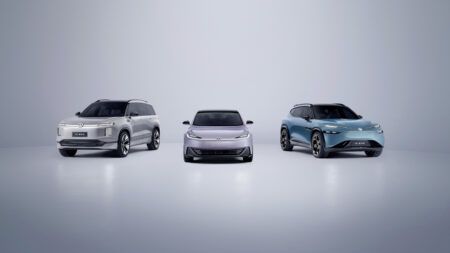Advanced Electric Machines (AEM) has announced its partnership to provide electric motors for a new retrofit kinetic energy recovery system (KERS) designed for trucks. This innovative solution promises to significantly reduce fuel consumption and emissions in existing combustion engine vehicles.
The system, which can be installed on most rigid lorries of 12 tonnes or greater, as well as tractor and semi-trailers up to 44 tonnes, combines AEM’s HDSRM300 electric motors with ultracapacitors and heavy-duty power electronics. This bolt-in KERS kit can be fitted to various vehicle brands without requiring permanent chassis modifications, making it an attractive option for fleet operators looking to improve their environmental footprint and reduce costs.
Real-world trials have shown impressive results, with the system reducing fuel consumption and CO2 output by up to 28%, and overall emissions (including NOx, PMs, and brake particulate matter) by up to 80%. The technology works by recovering energy typically lost during braking and using it to assist the engine during acceleration.
AEM’s decision to use rare-earth-free electric motors in the system enhances its sustainability credentials, making it easier to recycle at the end of its lifecycle. The KERS kit not only benefits the environment but also improves vehicle performance, providing drivers with more torque and better control, especially when handling heavily loaded vehicles.
Richard Lidstone-Scott, Business Development Consultant at AEM, emphasized the system’s efficiency and flexibility, stating, “The KERS kit is a fast, flexible, and fuel-agnostic means of achieving truck hybridisation. With the system paying for itself within three years, it’s a no-brainer for businesses looking to maximise their margins by reducing fleet costs.”
This innovation comes at a crucial time as the transport industry faces increasing pressure to reduce its carbon footprint. The retrofit nature of the system allows operators to improve the efficiency of their existing fleets without the need for complete vehicle replacement or new charging infrastructure.





